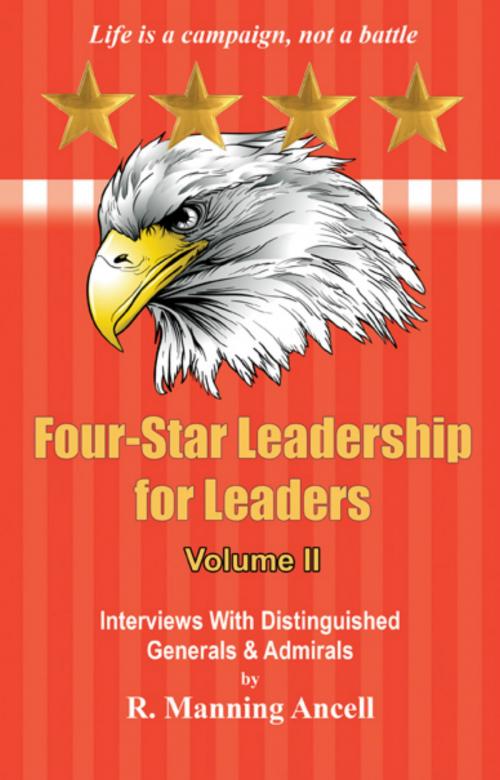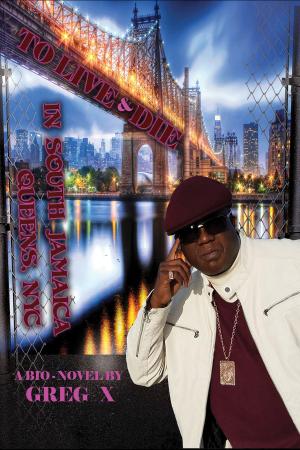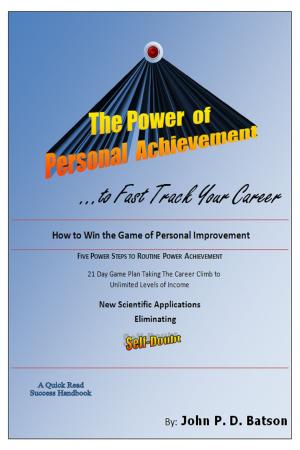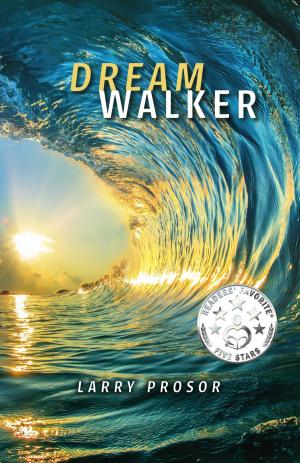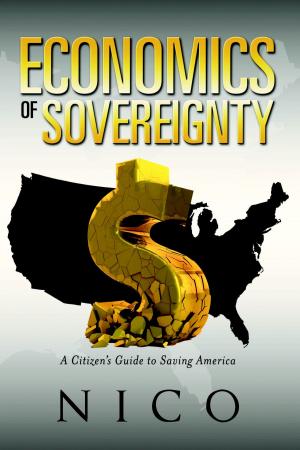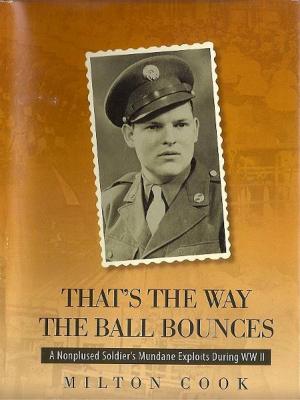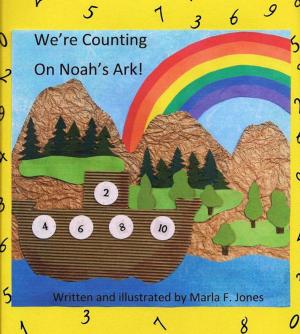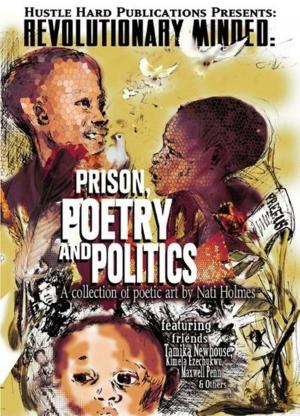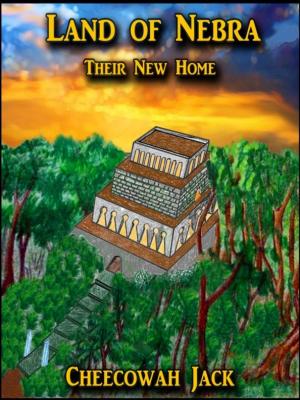Four-Star Leadership for Leaders - Volume II
Interviews With Distinguished Generals & Admirals
Nonfiction, History, Military| Author: | R. Manning Ancell | ISBN: | 9781623092597 |
| Publisher: | BookBaby | Publication: | May 14, 2012 |
| Imprint: | Language: | English |
| Author: | R. Manning Ancell |
| ISBN: | 9781623092597 |
| Publisher: | BookBaby |
| Publication: | May 14, 2012 |
| Imprint: | |
| Language: | English |
History has shown that the best way to learn about leadership is to work or serve at the shoulder of a great leader and observe and listen. Problem is, those opportunities are extraordinarily rare for many reasons – few have the privilege of proximity outside of aides and special staff - and impossible for everyone with regard to those who have departed this world. Thus the next best option is books. "Not all readers are leaders," wrote Harry S. Truman, "but all leaders are readers." Some truly great leaders that we could learn from did not write about their experiences – General George C. Marshall is a good example -but historians, journalists and those who had the opportunity to observe them recorded their thoughts, opinions, observations and remembrances. Reading about great leaders is an essential part of your self-development. "You live your profession through reading," observed the late General Alexander Haig. "It's the most important crutch you have. My only complaint is I've been such an operational guy and an activist that I have never had a chance to read everything." General Tom Hill, a former commander of U.S. Southern Command, has been a voracious reader since childhood. He tells those who have the pleasure of seeing his library that he has a simple measuring rod. "If you can't name the last five books you've read then you aren't reading enough." Four-Star Leadership for Leaders is a series of books that contain incisive and inspirational interviews with America's four-star generals and admirals. Each interview is unique and different and contains great wisdom. Much can be learned by reading the thoughts of our nation's great military leaders. "The things I want to know are in books," declared Abraham Lincoln; "my best friend is the man who'll get me a book I ain't read."
History has shown that the best way to learn about leadership is to work or serve at the shoulder of a great leader and observe and listen. Problem is, those opportunities are extraordinarily rare for many reasons – few have the privilege of proximity outside of aides and special staff - and impossible for everyone with regard to those who have departed this world. Thus the next best option is books. "Not all readers are leaders," wrote Harry S. Truman, "but all leaders are readers." Some truly great leaders that we could learn from did not write about their experiences – General George C. Marshall is a good example -but historians, journalists and those who had the opportunity to observe them recorded their thoughts, opinions, observations and remembrances. Reading about great leaders is an essential part of your self-development. "You live your profession through reading," observed the late General Alexander Haig. "It's the most important crutch you have. My only complaint is I've been such an operational guy and an activist that I have never had a chance to read everything." General Tom Hill, a former commander of U.S. Southern Command, has been a voracious reader since childhood. He tells those who have the pleasure of seeing his library that he has a simple measuring rod. "If you can't name the last five books you've read then you aren't reading enough." Four-Star Leadership for Leaders is a series of books that contain incisive and inspirational interviews with America's four-star generals and admirals. Each interview is unique and different and contains great wisdom. Much can be learned by reading the thoughts of our nation's great military leaders. "The things I want to know are in books," declared Abraham Lincoln; "my best friend is the man who'll get me a book I ain't read."
